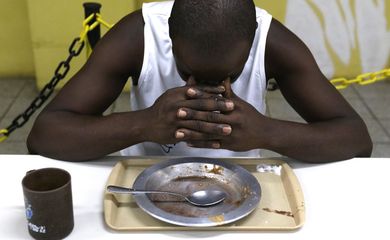Food insecurity affects 70 mi Brazilians, UN report shows

Chronic undernourishment—the most extreme level of food insecurity—affected 4.7 percent of Brazilians between 2020 and 2022, or 10.1 million people in absolute numbers. The figures can be found in the report The State of Food Security and Nutrition in the World, released this week by five specialized UN agencies.

The study reveals that one in ten Brazilians (9.9%) experienced severe food insecurity between 2020 and 2022. Furthermore, almost a third (32.8%) of the country’s population struggled under severe or moderate food insecurity, adding up to 70.3 million Brazilians, up from 18.3 percent for 2014–2016.
On a scale
The study describes severe food insecurity as a situation in which people must go without food at some point during the year, sometimes for more than a day. Hunger per se, on the other hand, is a prolonged uncomfortable and painful situation caused by insufficient energy from food intake.
Lastly, under moderate food insecurity, people are uncertain about their ability to get food and are forced to reduce the amount and quality of the food they eat at certain times of the year due to financial circumstances.
A worsening landscape
The UN agencies warn that hunger has aggravated in the latest time span surveyed, with a new 122 million people facing the problem. In all, there are some 735 million people suffering from hunger worldwide—a number higher than the population of India or China, or the entire European continent.
The deterioration of the landscape is linked to the COVID-19 pandemic as well as repeated shocks and conflicts, including the war in Ukraine. With the trend uncovered by the statistics, the UN argues that the sustainable development goal of ending hunger by 2030 will likely not be achieved.
The data on Brazil are part of a global study conducted by the Food and Agriculture Organization of the United Nations (FAO), the International Fund for Agricultural Development (IFAD), the UN Children’s Fund (UNICEF), the World Health Organization (WHO), and the World Food Program (WFP).



